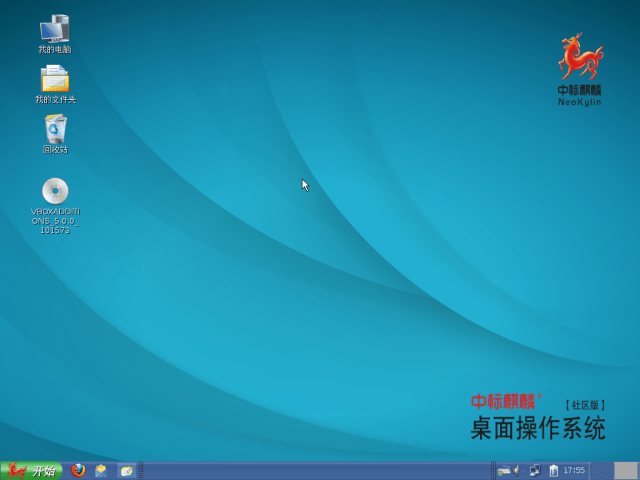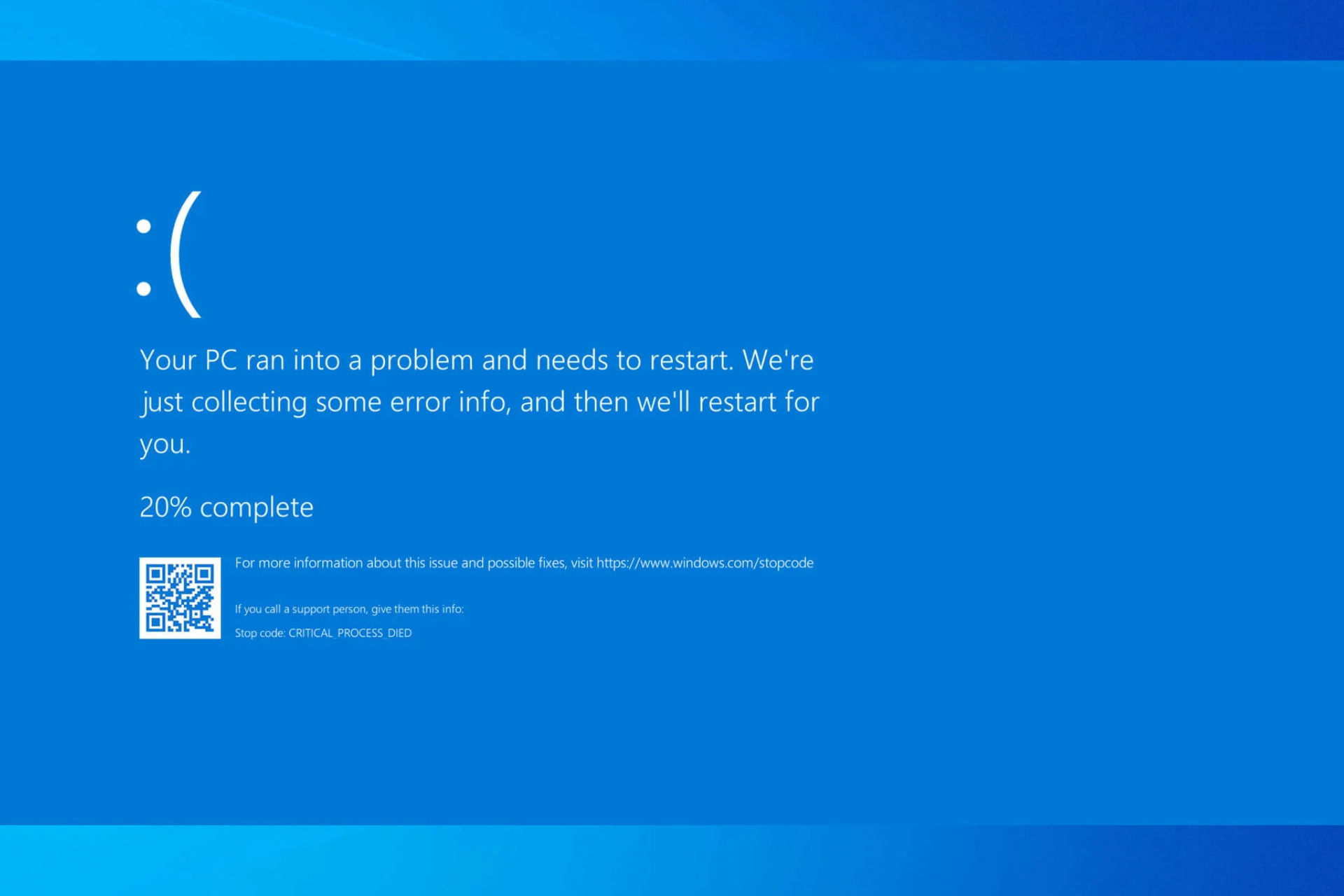This is NeoKylin OS: China's new Windows XP clone
3 min. read
Published on
Read our disclosure page to find out how can you help Windows Report sustain the editorial team. Read more

For some time now, China has made it clear that it would like to transition away from the governmental use of Microsoft’s Windows operating system. Part of the Chinese government’s wish to transition away from Windows was due to Microsoft dropping support for the fourteen-year-old operating system. Over the years, we’ve seen reports of the Chinese government partnering with Linux based developers and engineers to build its own operating system offering. Every so often, news about the Chinese Linux-based operating system would flare up for a month or two and then the stories would subside and government offices in China would go back to Windows usage.
As the Chinese government undoubtedly realized, building an operating system from the ground up is a rather arduous and daunting task. Even more difficult, is retraining thousands, if not millions, to learn a newly developed operating system. It would seem the Chinese government has a solution for both instances, rebuild Microsoft’s Windows XP on Linux.
Recently, screenshots and walkthroughs of China’s new Linux-based operating system codenamed NeoKylin surfaced from Quartz. NeoKylin is the successor to the Chinese government’s first attempt to transition away from Microsoft’s Windows operating system in 2013. In the two years since Kylin’s first appearance, the Chinese government learned a thing or two, and its result is an operating system that looks and operates suspiciously similar to Windows XP.
NeoKylin comes equipped with a Start Menu, Media Center, Taskbar, Jump List and Linux alternatives to games such as Minesweeper. Other similarities include an identically looking office alternatives bundled into the software as well as references to ‘My Computer’ ‘Control Panel’, etc.
The overall look and feel of the NeoKylin is unabashedly Microsoft’s Windows XP, and for good reason. Historically, government offices have been slow to transition between operating systems. While Microsoft may have killed support for Windows XP last year, it still runs on an estimated 27 percent of Windows-based machines in China. Arguably, much of that 27 percent Windows XP usage is hanging around on government-issued laptops and desktops.
Beyond government, it seems that the NeoKylin Operating system is also being picked up commercially thanks to Dell in China shipping it on various laptop and desktop offerings. “The NeoKylin OS is available on Dell Latitude commercial laptops, Dell OptiPlex commercial desktops, and DellPrecision workstations,” a spokesperson for Dell in China told Quartz. As it stands, Dell in China is reporting that 40 percent of its commercially sold PCs are running the new operating system.
This begs the question, where does Microsoft and Windows stand in China?
Microsoft’s ability to monetize its Windows usage in China due to piracy has been an ambiguous numbers game. Just because people are transitioning to NeoKylin does not necessarily translate to a lost customer for Microsoft. While the hoopla over Windows XP losing support and the Chinese government banning Windows 8 in protest, Microsoft has been providing the Chinese government with copies of Windows 7. We’ve also recently reported a partnership between Microsoft and Baidu that places China based Baidu front and center on Windows 10. Microsoft’s position in China is definitively in flux, but the company has laid the ground for a positive future in the area.








User forum
0 messages